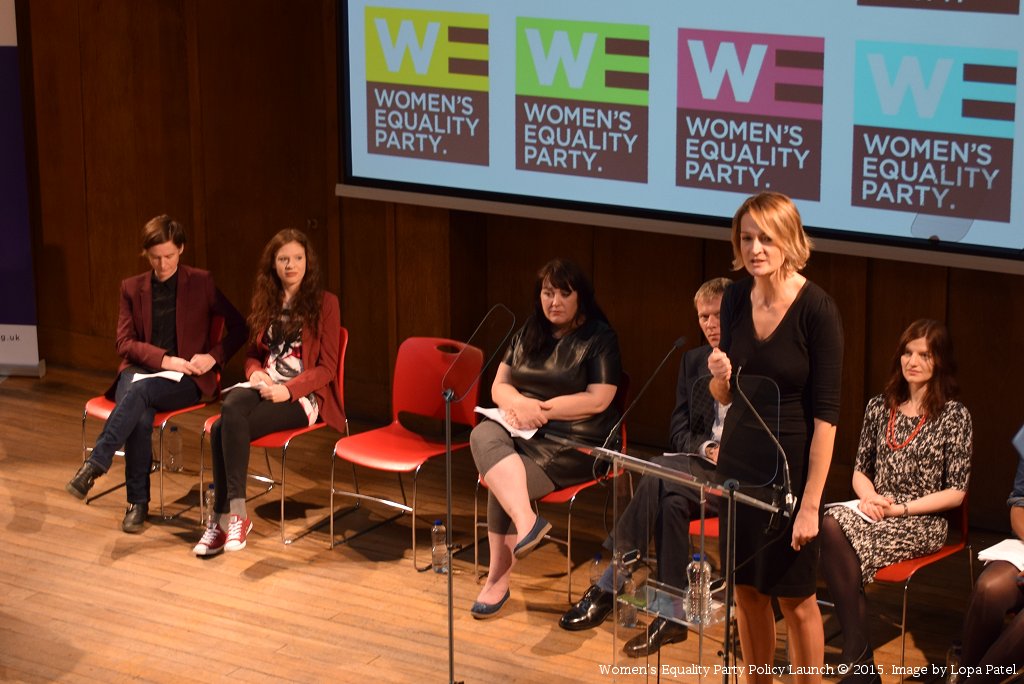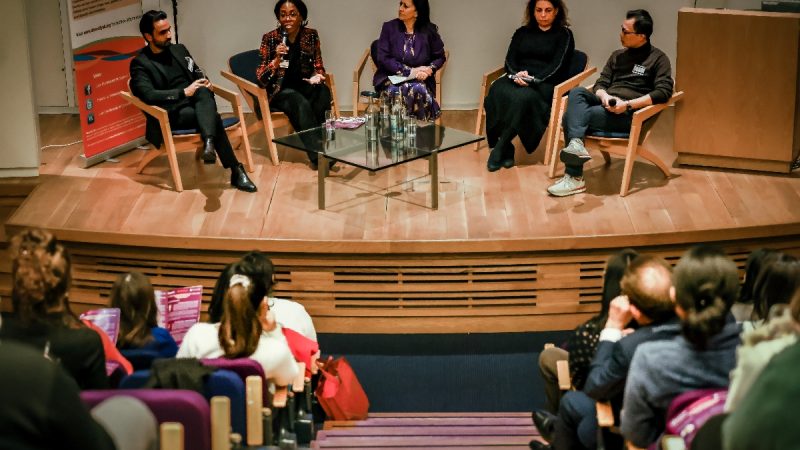Women’s Equality Party backs boardroom quotas

The Women’s Equality Party (WEP) today (20th October 2015) announced its first set of policies to fulfil its remit of bringing about equality for women. Among the most controversial measures are significantly more investment in childcare for all children at the end of parental leave at nine months, to be paid for by a single rate of tax relief on pension savings, estimated to free up six and a half billion pounds; to end demand for prostitution by criminalising the purchase of sex; putting Parliament into “special measures” for two elections until political parties can field women in two thirds of seats, including safe seats; by introducing quotas to ensure a balanced board and executive committee at all listed companies by 2025 and pushing for equal pay. “Overall, last year men earned £516 billion, while women earned just £271 billion. That’s a difference of £245 billion just because women are paid less than their male colleagues,” said Sophie Walker, leader of WEP, “this all adds up not just to a gap in earnings but a gap in power.”
She added, “it is just six months since Catherine Mayer and Sandi Toksvig had the idea for a Women’s Equality Party to transform the life chances of women in our country and so build a better society for all.” The Women’s Equality Party is a focussed mainstream party whose policies are designed to further the six core objectives of;
- pushing for equal representation in politics, business, industry and throughout working life.
- equal pay and equal opportunity to thrive.
- campaigning for equal parenting and caregiving and shared responsibilities at home to give everyone equal opportunities both in family life and the workplace.
- encouraging an education system that creates opportunities for all children and an understanding of why this matters.
- striving for equal treatment of women by and in the media.
- seeking and end to violence against women.
Joining her on stage at the WEP policy launch were writer and theatremaker Stella Duffy who hosted the panel; Manasvini Mohan who introduced Sophie Walker, Catherine Riley who spoke about attaining equality in media and ending bullying, trolling and intimidation on social media; Lily Boughton who spoke of equality in education; Jeszemma Garratt and Duncan Fisher of the Fatherhood Institute who spoke about parenting; Alex Mizzi who talked about equal pay and representation in the workplace; Nimco Ali who outlined the campaign to end female genital mutilation (FGM) and violence against women and Honor Barber who gave a 17 year old’s millennial perspective of feminism.
Sophie Walker ended by saying “our history books neglect female activism and our media lampoons female activists as radical and irrational women whose contributions to political discourse don’t deserve to be taken seriously, but I look forward to creating the kind of politics where women and men are heard equally, and Britain does better as a result”.




